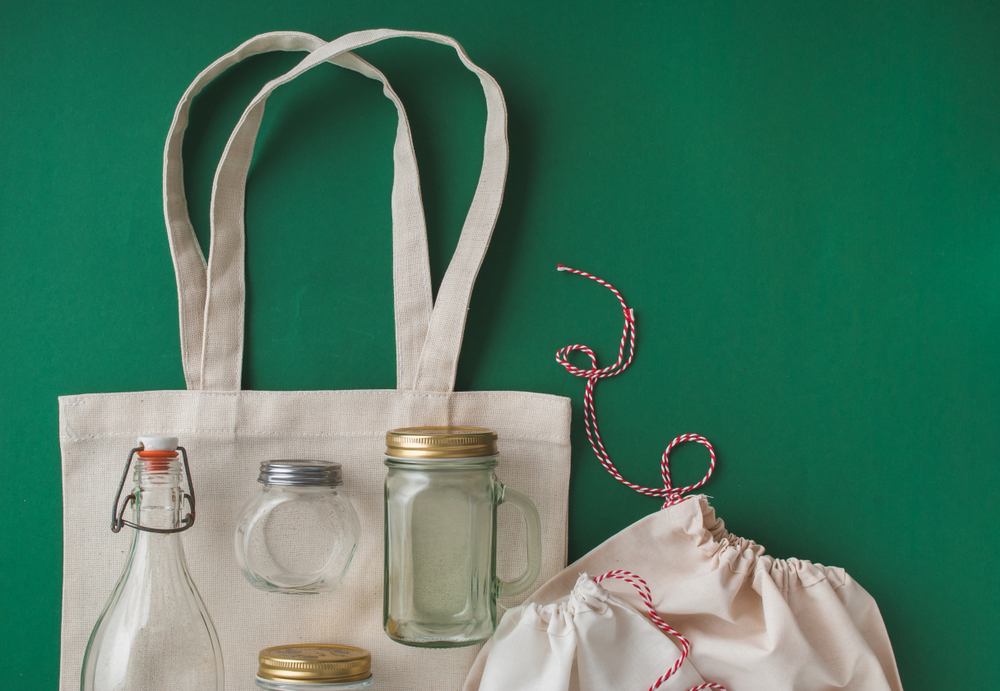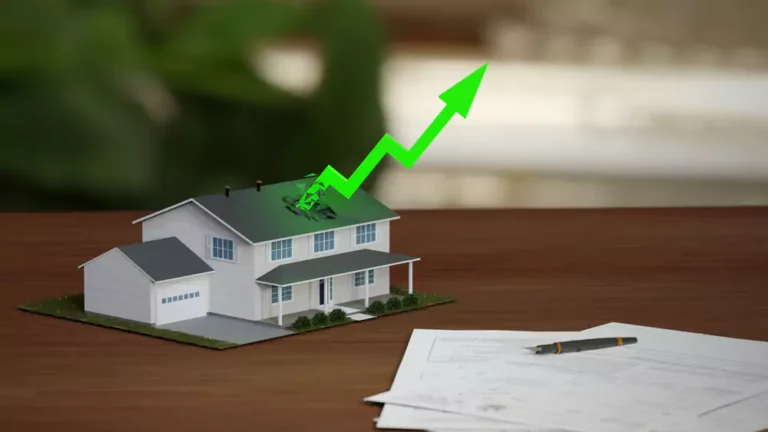Trash talk: The secrets of zero-waste living
Embrace minimalism, sustainable practices, and systemic change for a greener future

Zero-waste living, as described by Lochtree, is closely intertwined with minimalism, emphasising the importance of essential possessions and multifunctional items to save both money and time. This lifestyle involves a thorough assessment of waste production and the utilisation of essential, reusable, and upcycled items. While it poses challenges, it offers numerous benefits, such as environmental preservation, heightened awareness of environmental concerns, and active contributions to combat climate change.
The Environmental Protection Agency advocates for source reduction and composting as fundamental components of this approach. The advantages encompass a reduced carbon footprint, financial savings, conscious consumption, minimised chemical exposure, economic support, enhanced well-being, community engagement, setting a positive example, access to higher-quality products, and personal growth.
The zero-waste concept aims to shift from a linear economic model, centred around resource extraction and disposal, towards a circular one that prioritises the reuse and rejuvenation of resources. As per The Eco Hub, achieving zero waste on a societal scale necessitates systemic alterations, sustainable product design, and consumer choices that collectively influence industries towards more environmentally-friendly practices. Individual actions can play a pivotal role in propelling this transition and encouraging companies to adapt.
Related: From waste to worth: Transforming Southeast Asia’s trash trouble
According to Architectural Digest, for those interested in reducing household waste and embracing zero-waste living, initiating the journey with a home waste audit is a valuable first step. This process entails the collection and categorization of trash over a specified period to gain insight into the types and quantities of waste generated by the household. In the United States, the average person discards nearly five pounds of trash daily, contributing to environmental issues such as pollution and resource depletion.
To conduct a waste audit effectively, thoughtful planning is essential. It involves selecting a week without major events for waste collection, choosing a collection method (such as sorting on a tarp, using labelled bins, or maintaining a trash log), and determining waste categories. Common categories include cardboard, food waste, glass, paper, plastic, and miscellaneous items. After a week of collection, sorting and documenting the waste is necessary, followed by an evaluation of the findings.
Armed with this knowledge, individuals can take sustainable actions such as composting, reducing paper mail, adopting reusable bags, purchasing products with minimal packaging, and enhancing recycling practices. Although these changes may appear daunting, they can significantly diminish the household’s environmental impact. Conducting home waste audits offers invaluable insights to guide individuals on their path to a more eco-friendly lifestyle.
The Property Report editors wrote this article. For more information, email: [email protected].
Recommended
This duo is revolutionising textiles by blending traditional craft with cutting-edge design
Ausara Surface brings unconventionality and innovation to experimental textile collections
ARES White Paper Volume 3: The era of adaptive reinvention
Pioneering sustainable and innovative practices in urban development
ARES White Paper Volume 2: Unravelling the power of data revolution in real estate
Insights on proptech, smart cities, and sustainable development
ARES Digital White Paper Volume 1: The fundamentals of responsible building
Green and climate heroes join forces to discuss how Asia Pacific can weather the current environmental crises and the looming effects of climate change







